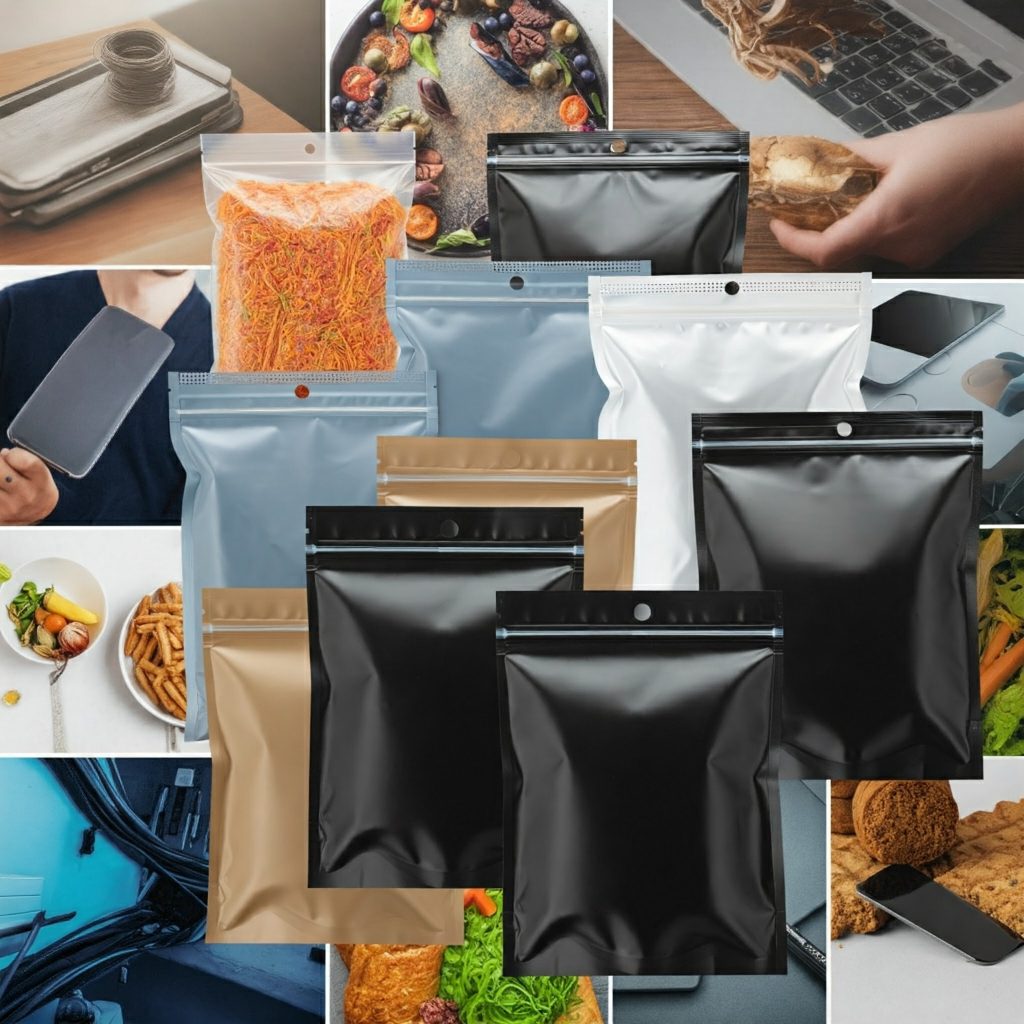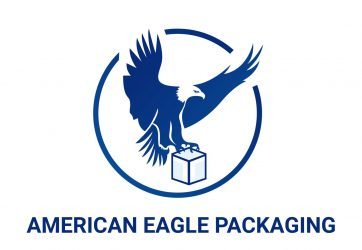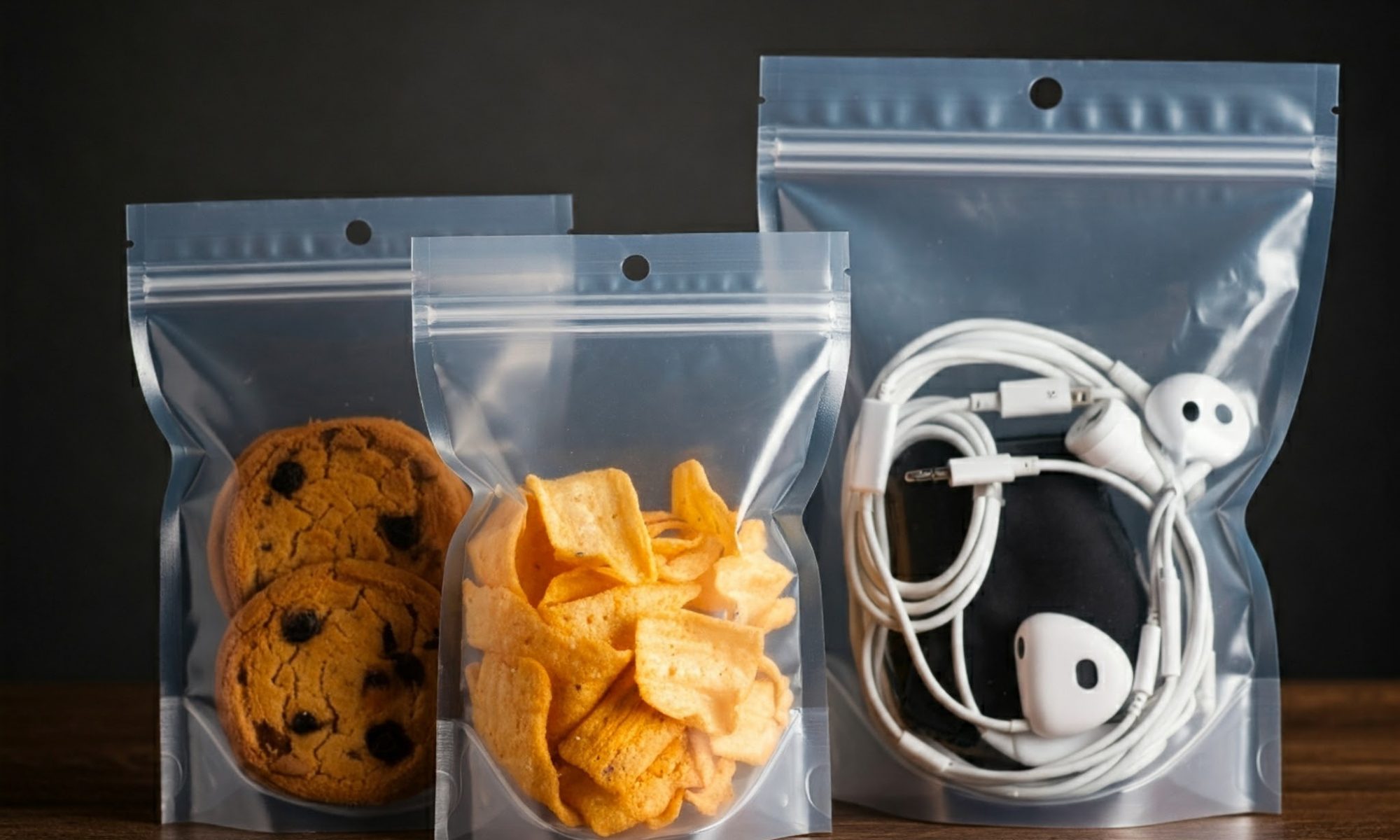Benefits of Using Custom Poly Bags for Packaging
Introduction
In the competitive world of commerce, packaging plays a crucial role in attracting customers, protecting products, and building brand recognition. Among the diverse array of packaging options available, custom poly bags have emerged as a versatile and cost-effective solution for businesses across various industries. This article delves into the numerous benefits of using custom poly bags for packaging, exploring their advantages in terms of cost, durability, versatility, and branding potential.
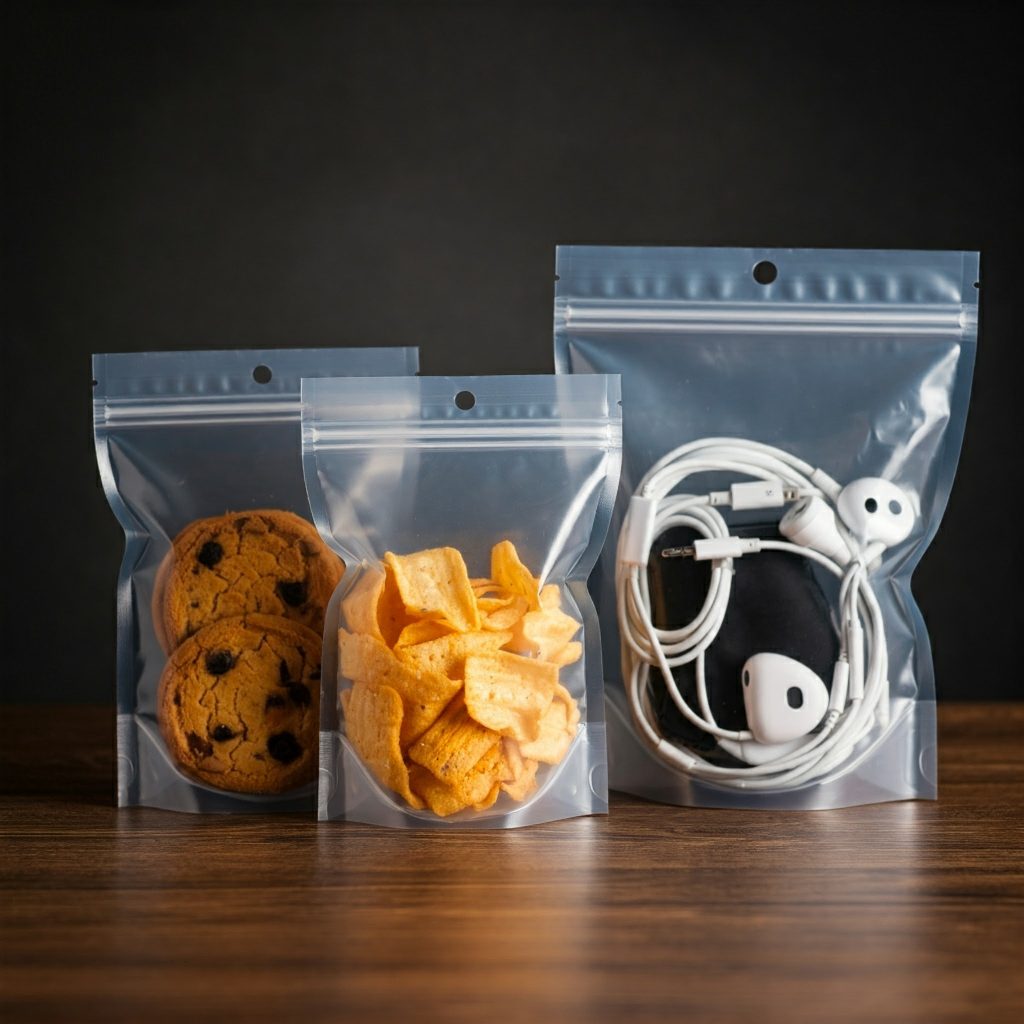
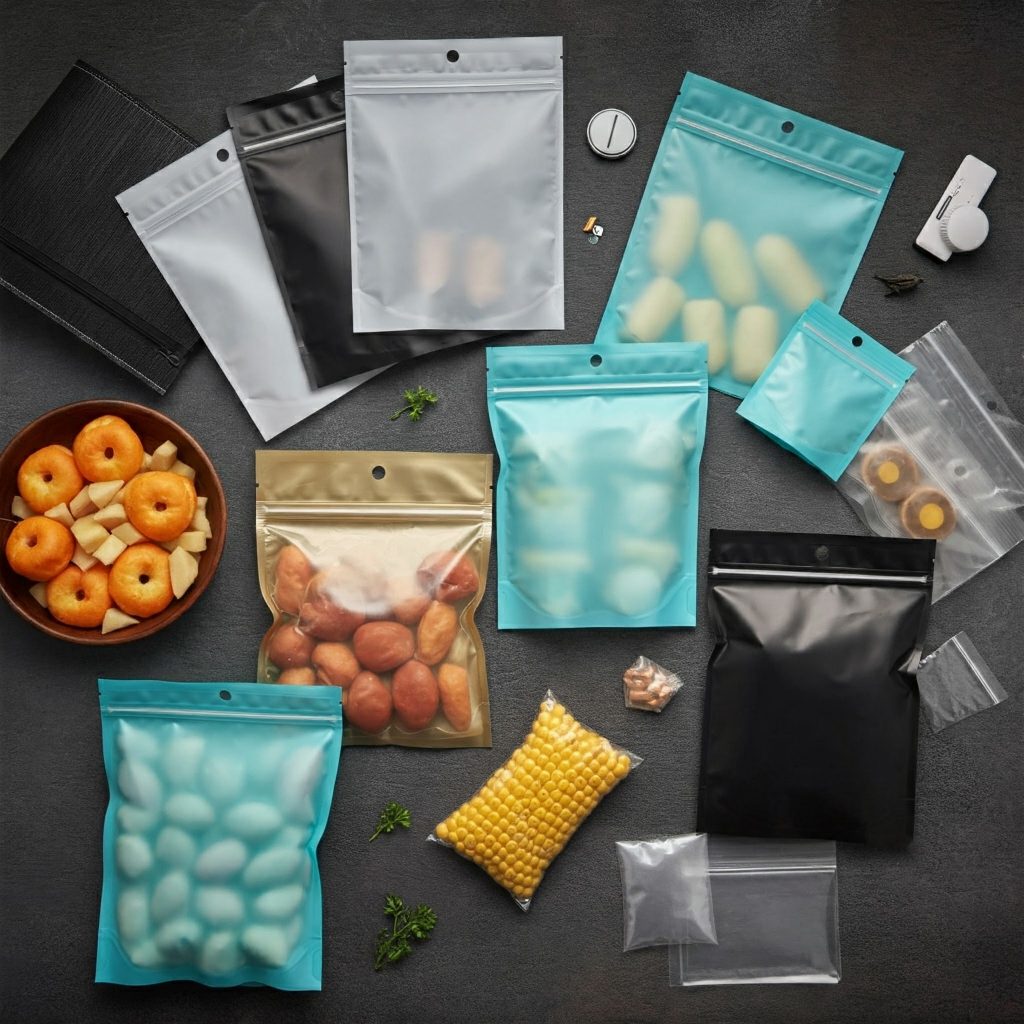
Cost-Effectiveness
One of the primary advantages of custom poly bags is their cost-effectiveness compared to other packaging solutions. Poly bags are generally less expensive to produce than traditional boxes or cartons, making them an attractive option for businesses seeking to minimize packaging expenses. This cost advantage is particularly significant for small businesses and startups operating with limited budgets.
- Reduced Material Costs: Poly bags require less raw material to manufacture than boxes, resulting in lower material costs.
- Lightweight and Efficient Shipping: The lightweight nature of poly bags translates to lower shipping costs, as they add minimal weight to the overall package.
- Space-Saving Storage: Poly bags can be stored flat, taking up significantly less space in warehouses compared to bulky boxes.
Furthermore, advancements in printing technology have made custom printing on poly bags more affordable than ever. This allows businesses to create high-quality, branded packaging without incurring exorbitant costs.
Durability and Product Protection
Despite their lightweight nature, custom poly bags offer excellent durability and product protection. They are made from resilient polyethylene (PE) or polypropylene (PP) films, which are resistant to tears, punctures, and moisture. This ensures that products remain protected during shipping and handling, minimizing the risk of damage and returns.
Here are some key aspects of their durability:
- Moisture Resistance: Poly bags act as a barrier against moisture, preventing damage to sensitive products like electronics or clothing. This is crucial for protecting products during shipping and storage, especially in humid environments.
- Dust and Dirt Protection: The sealed nature of poly bags keeps products clean and free from dust, dirt, and other contaminants. This is particularly important for products that need to remain pristine, such as cosmetics or pharmaceuticals.
- Tamper Evidence: Custom poly bags can be equipped with tamper-evident seals, providing an additional layer of security and ensuring product integrity. This is essential for products that require tamper-proof packaging, such as food or pharmaceuticals.
Moreover, poly bags can be customized with different thicknesses and gauges to suit the specific needs of the product. For heavier or more fragile items, thicker bags can provide added protection and prevent damage during transit.
Cost-Effective Food Grade Polybags
Custom poly bags are widely used in the food industry due to their cost-effectiveness, versatility, and ability to preserve food freshness. Food grade poly bags are made from FDA-approved materials that are safe for direct contact with food. They are available in a variety of sizes and styles to accommodate different types of food products, from snacks and confectionery to fresh produce and baked goods.
Here’s why they are beneficial for food packaging:
- Preservation of Freshness: Poly bags can be customized with barrier properties to prevent oxygen and moisture transmission, extending the shelf life of food products. This is crucial for preserving the quality and flavor of perishable goods.
- Hygiene and Safety: Food grade poly bags are designed to maintain the hygiene and safety of food products. They are resistant to bacteria and other contaminants, ensuring that food remains safe for consumption.
- Compliance with Regulations: Food grade poly bags comply with strict food safety regulations, ensuring that they are suitable for packaging food items. This gives businesses peace of mind knowing that their packaging meets industry standards.
Furthermore, custom-printed food grade poly bags can be used to enhance brand visibility and create an appealing presentation for food products. This can help businesses attract customers and increase sales.
Versatility and Customization Options
Custom poly bags offer unparalleled versatility in terms of size, shape, and design. They can be tailored to fit specific product dimensions, ensuring a snug and secure fit. Additionally, poly bags can be customized with various features to enhance functionality and user experience.
Here are some customization options:
- Size and Shape Customization: Poly bags can be manufactured in a wide range of sizes and shapes, including flat bags, gusseted bags, and stand-up pouches. This allows businesses to choose the perfect fit for their products, optimizing packaging efficiency and minimizing waste.
- Printing and Branding: Custom printing allows businesses to showcase their logo, brand colors, and marketing messages directly on the packaging. This creates a unique and memorable brand experience for customers.
- Closure Options: Poly bags can be equipped with various closure options, such as zippers, adhesive strips, or heat seals, to suit different product needs. This enhances convenience and allows for easy access to the product.
- Special Features: Poly bags can be customized with additional features, such as hang holes for retail displays, tamper-evident seals for security, or venting options for breathability. This allows businesses to tailor the packaging to the specific needs of their products and target market.
Branding and Marketing Opportunities
Custom printed poly bags serve as a powerful branding and marketing tool. By incorporating eye-catching designs, logos, and brand messaging, businesses can create packaging that reinforces their brand identity and captures customer attention.
Here’s how they can be used for branding:
- Enhanced Brand Recognition: Consistent use of branded poly bags across all products creates a cohesive brand image and increases brand recognition. This helps customers identify and remember your brand, building brand loyalty over time.
- Professional Presentation: Custom-printed poly bags elevate the perceived value of products, creating a more professional and premium impression. This can be especially important for businesses selling high-end or luxury goods.
- Increased Customer Engagement: Unique and creative bag designs can spark customer interest and encourage social media sharing. This can generate buzz around your brand and increase brand awareness.
Furthermore, custom poly bags can be used to promote special offers, new product launches, or seasonal campaigns. This allows businesses to leverage their packaging as a direct marketing channel, reaching customers at the point of sale.
Conclusion
Custom poly bags provide a versatile, cost-effective, and customizable packaging solution for businesses across various industries. Their durability, branding potential, and adaptability make them an excellent choice for protecting products and enhancing brand image. By considering sustainable options and responsible disposal practices, businesses can leverage the benefits of custom poly bags while minimizing their environmental impact. In the food industry, custom poly bags offer a safe, hygienic, and cost-effective way to package and preserve food products, while also providing opportunities for branding and marketing.
References:
- Yam, K. L. (2009). Encyclopedia of Packaging Technology. John Wiley & Sons.
- Soroka, W. (2012). Fundamentals of Packaging Technology. IoPP.
- Selke, S. E. (2004). Packaging and the Environment. DEStech Publications, Inc.
- “Plastic Packaging Resins.” American Chemistry Council. https://www.americanchemistry.com/better-policy-regulation/plastics
- Robertson, G. L. (2013). Food Packaging: Principles and Practice (3rd ed.). CRC Press.
